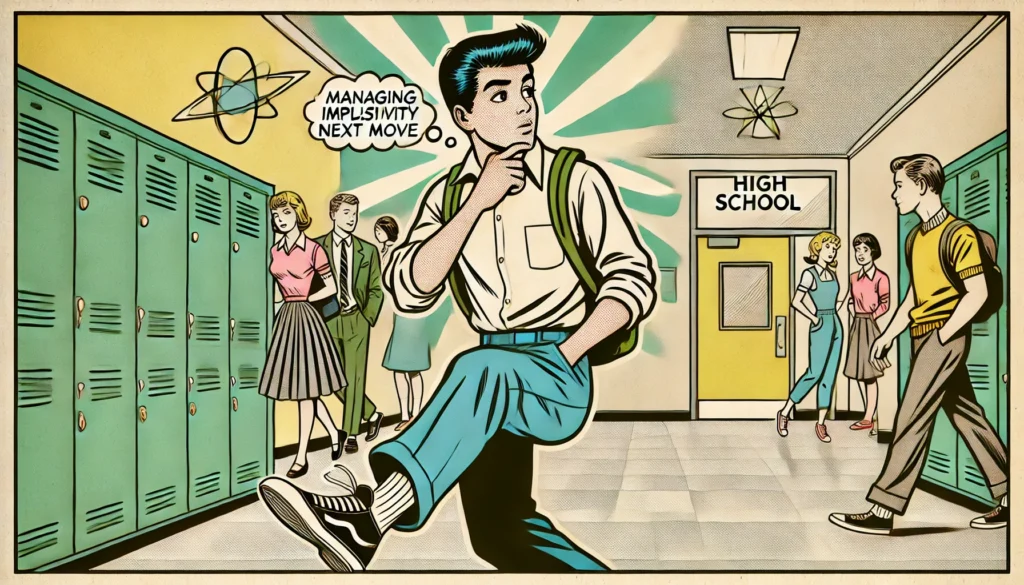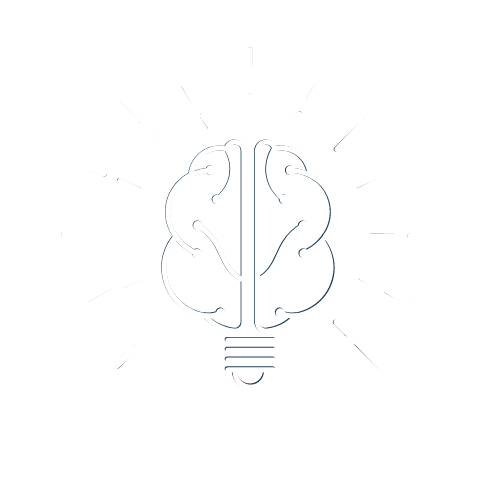
Impulsivity is one of the core challenges of ADHD, leading students to speak out of turn, interrupt peers, or make hasty decisions. This article examines why impulsivity occurs and how teens can manage it to foster better relationships and academic performance.
• Low Inhibitory Control: ADHD can make it harder to pause and think before acting.
• Emotional Reactivity: Intense emotions can fuel impulsive behaviors.
• Immediate Gratification: Teens may prefer quick rewards rather than waiting for a bigger payoff. Strategies to Reduce Impulsive Behaviors
1. Pause and Count to Five:
◦ Practice taking a short mental pause before responding or acting.
◦ This brief delay can prevent blurting out or interrupting.
2. Use Visual or Verbal Cues:
◦ Place a small sticky note on your desk or laptop that says “Pause” or “Think First.”
◦ This reminder helps train the brain to slow down.
3. Channel Energy into Positive Outlets:
◦ Participate in sports or physical activities to burn off extra energy.
◦ Use structured class discussions where raising a hand is encouraged.
4. Reflect on Consequences:
◦ Ask yourself, “What might happen if I do this?”
◦ Over time, this habit fosters better decision-making.
Impulsivity doesn’t have to define a student’s high school experience. By introducing simple techniques like pausing, using reminders, channeling energy into activities, and reflecting on potential outcomes, teens can gradually improve self-control and interpersonal interactions

SAT® is a registered trademark belonging to the College Board. The College Board is not involved with or affiliated with Inlighten Tutoring, nor does the College Board endorse or sponsor any of the products or services offered by Inlighten Tutoring. ACT® is a registered trademark belonging to ACT, Inc. ACT, Inc. is not involved with or affiliated with Inlighten Tutoring, nor does ACT, Inc. endorse or sponsor any of the products or services offered by Inlighten Tutoring.
2025 Inlighten Tutoring. All Rights Reserved